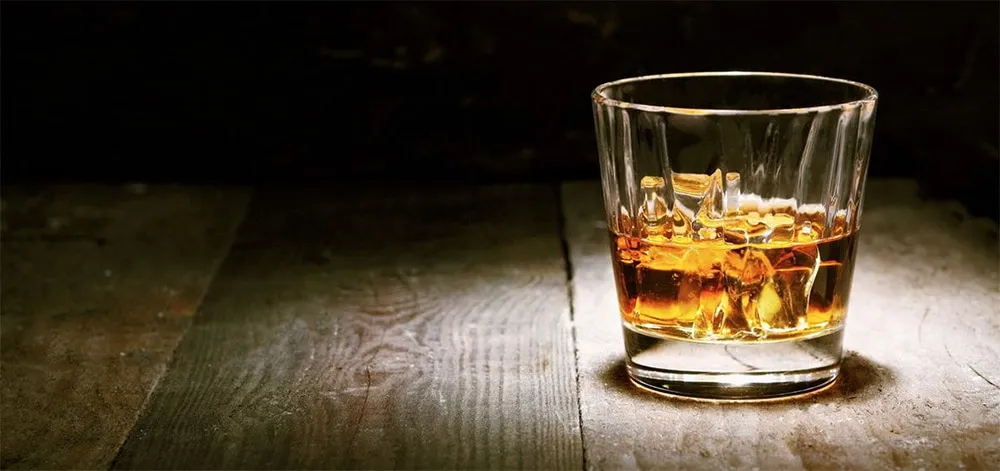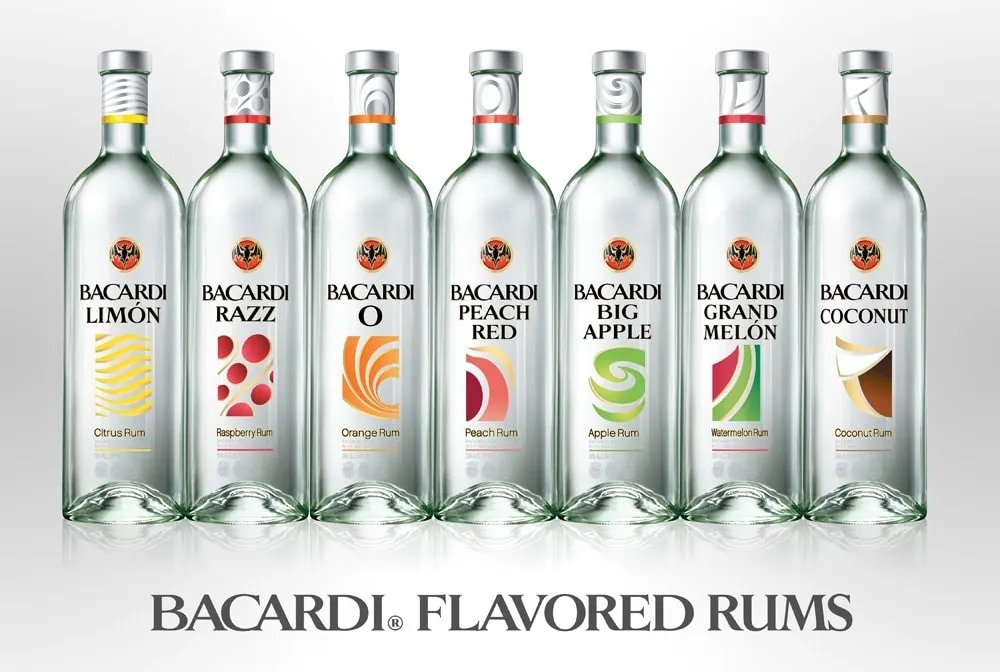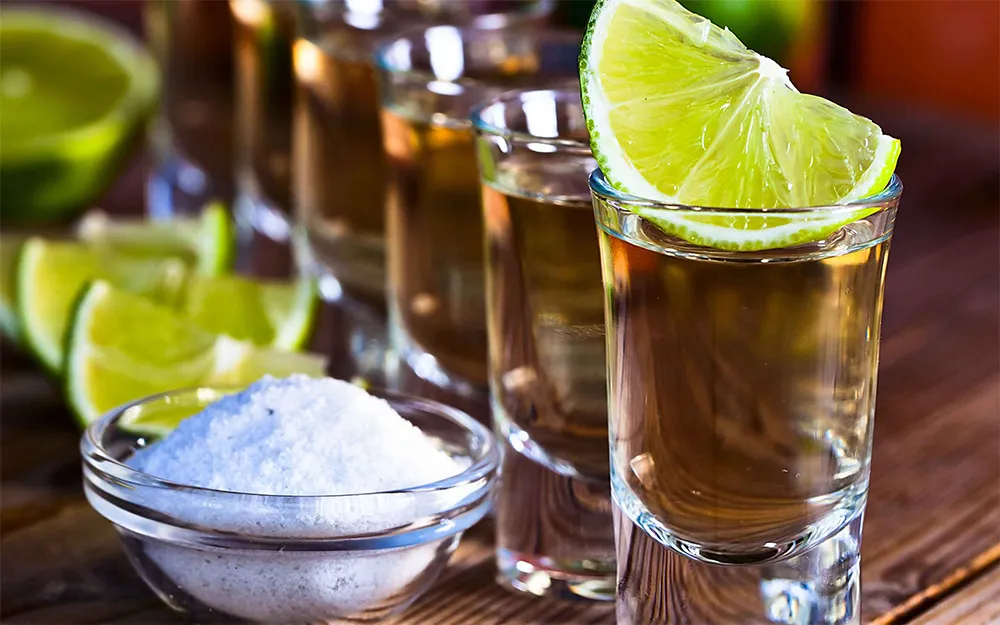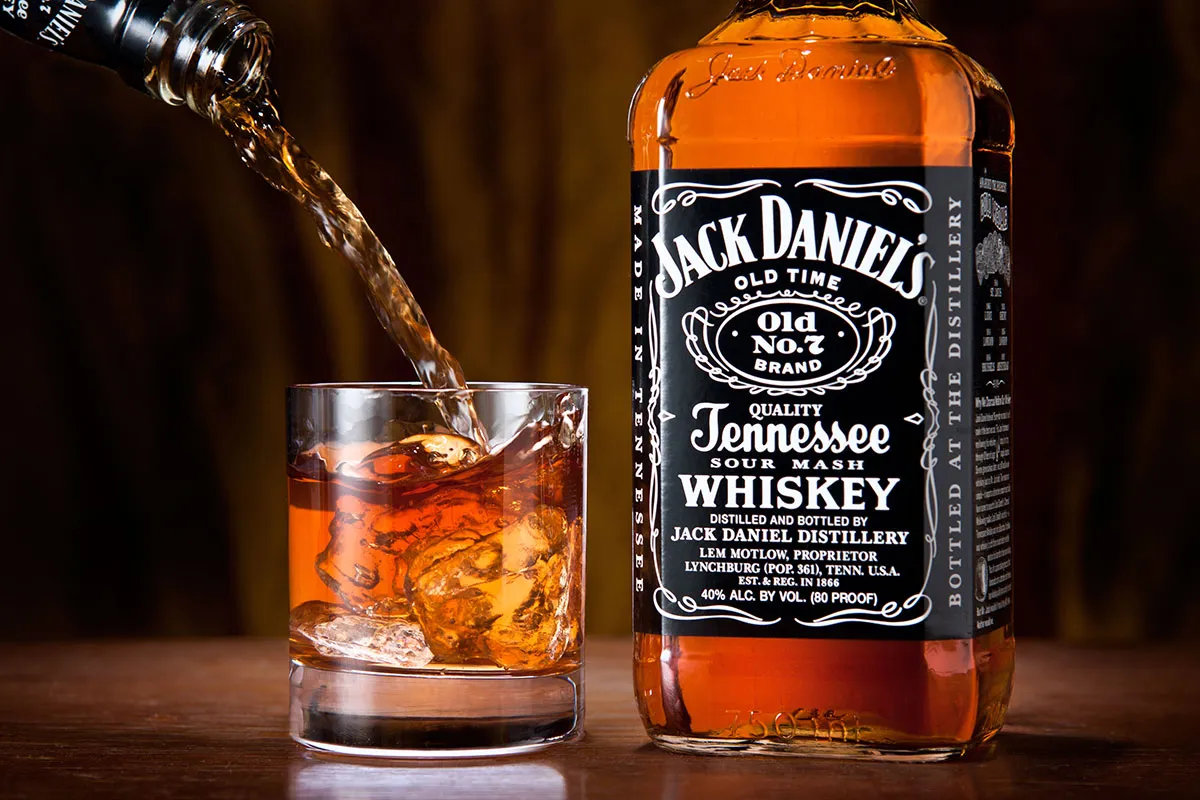Scotch Whiskey may not be voluminously consumed by fans of spirits, but it has a special place in the hearts and minds of people who are into alcoholic drinks. Sipping on a Scotch is not just an indulgence in alcohol.
According to David Daiches, it is a toast to civilization, like a tribute to the continuing culture of the world. It is a spirit that commemorates the good life, the determination of strong men who use the resources of nature to refresh themselves and to enjoy fully their accomplishments through their full senses.
The rich and powerful are no doubt go-getters, people who want to get what they want in their lives and have been successful in doing just that. Scotch, therefore, is the most eloquent drink that embodies their experience of success. Toasting someone lets them remember their personal triumphs in reaching the heights of affluence and power.
What About the Distinction?
The raw and natural origins of Scotch whiskey add to its prominence in the world of wines and spirits. Its distillation and fermentation were originally simple, just from barley and water. But its potency and its strong flavors reflect well on the strong-willed drinkers of this famed alcohol. Seldom do men drink this to get drunk because, first of all, it is too expensive for such purposes. Men who drink this celebrate the artisanship behind a bottle of whiskey matured in Scotland (this is part of the attributes of a whiskey to be labeled as “Scotch”).
The strong alcoholic content might repulse a young man who tries it for the first time. But with multiple tries at consuming it, a taste can be developed through the realization that it has a special flavor in it, a taste that can only be brought forth by using the natural resources of the Scottish countryside, the clear waters of the River Spey, the highlands of Scotland, the Isle of Jura, and other parts of this rugged country. The ageless charm of the Scottish landscape is represented well in every sip of whiskey made from the very water and produce of the land.
The History of Scottish Whiskey
Scotch is known in the past as “aqua vitae” or “water of life”. The said liquor was first recorded in 1494 in antiquated rolls of historical records. This distilled beverage is known to heal so many ailments that its popularity spread fast, with patients who experienced its healing effects describing downing one as having that calming sensation during “treatment”.
King James IV was the first royal who tried this liquor in 1506. This marks the crossing of the said whiskey into the circles of royals and prominent individuals in history. But the spirit is not just making the rich and powerful happy, but also the farmers who have finally found a way to cash in on their unsold barley and oats. They discovered that instead of throwing away their harvest (both grains could not survive long storage in the cold and wet climate), they could make it into ale. Later, they realize that turning the ale into alcohol can even make their returns better.
The distillation of whisky in Scotland has continued since then. Through its long history, it has survived taxes and other controlling regulations by the government and even smuggling. It was only in the 1700’s that it was finally treated as a commercialized industry. This brought about the rapid spread of this special kind of liquor. Thanks to the demise suffered by the French wine and cognac industries in the late 1800’s, the global spread of the Scottish spirit became unstoppable.
The Distilleries of Scotland
Scotch is a liquor known for many distinct tastes depending on where in Scotland it is made or distilled. This adds more charm and uniqueness to the drink, giving the rich and powerful more reasons to prefer it.
- Lowland: the whiskey made in this region of Scotland is seen to be milder and more delicate than others made in other parts of the country. It is also mellower, making it ideal for people who would want to have a gentler sip of the liquor. Glenkinchie and Auchentoshan are two of the few distilleries still operational today in the area.
- Highland: Scotch made here has stronger flavors, even more aggressive for some people’s tastes. Dalmore, Oban, and Talisker are some of the operational distilleries in this part of Scotland.
- Islay: this part of the country produces a heavier and smokier variant of the whiskey. Even with these general attributes, different distilleries in this region still produce different kinds of tastes for their finished products.
- Speyside and Cambletown – the makers of whiskey here are numerous, which include Aberlour, The Macallan, Glengyle and Springbank. These make exemplary Scotch known all over the world.
Only people with refined taste can truly fathom the full experience of Scottish liquor. Its distinct taste, rich history, and the preference of great men towards it make this really special.




